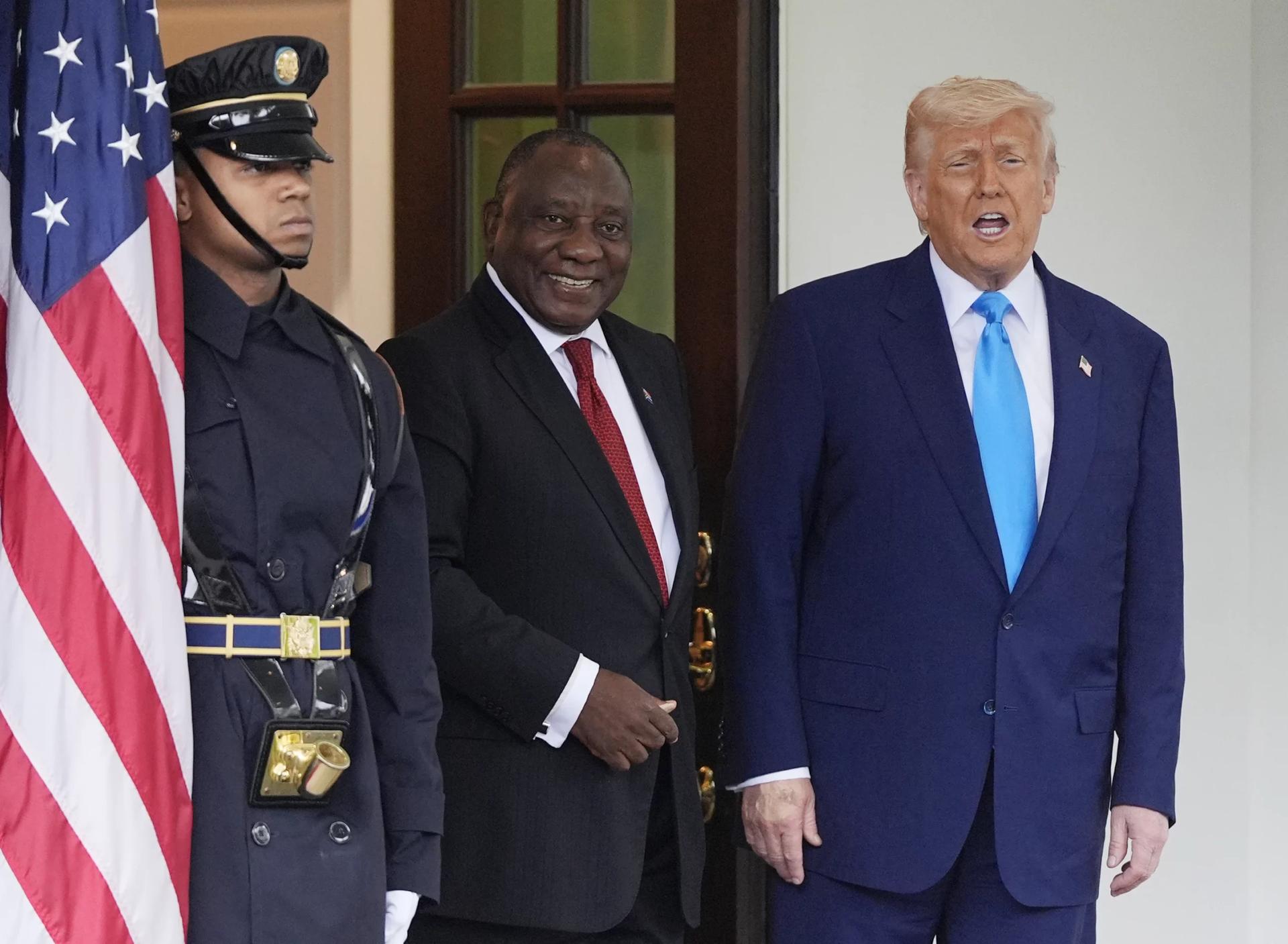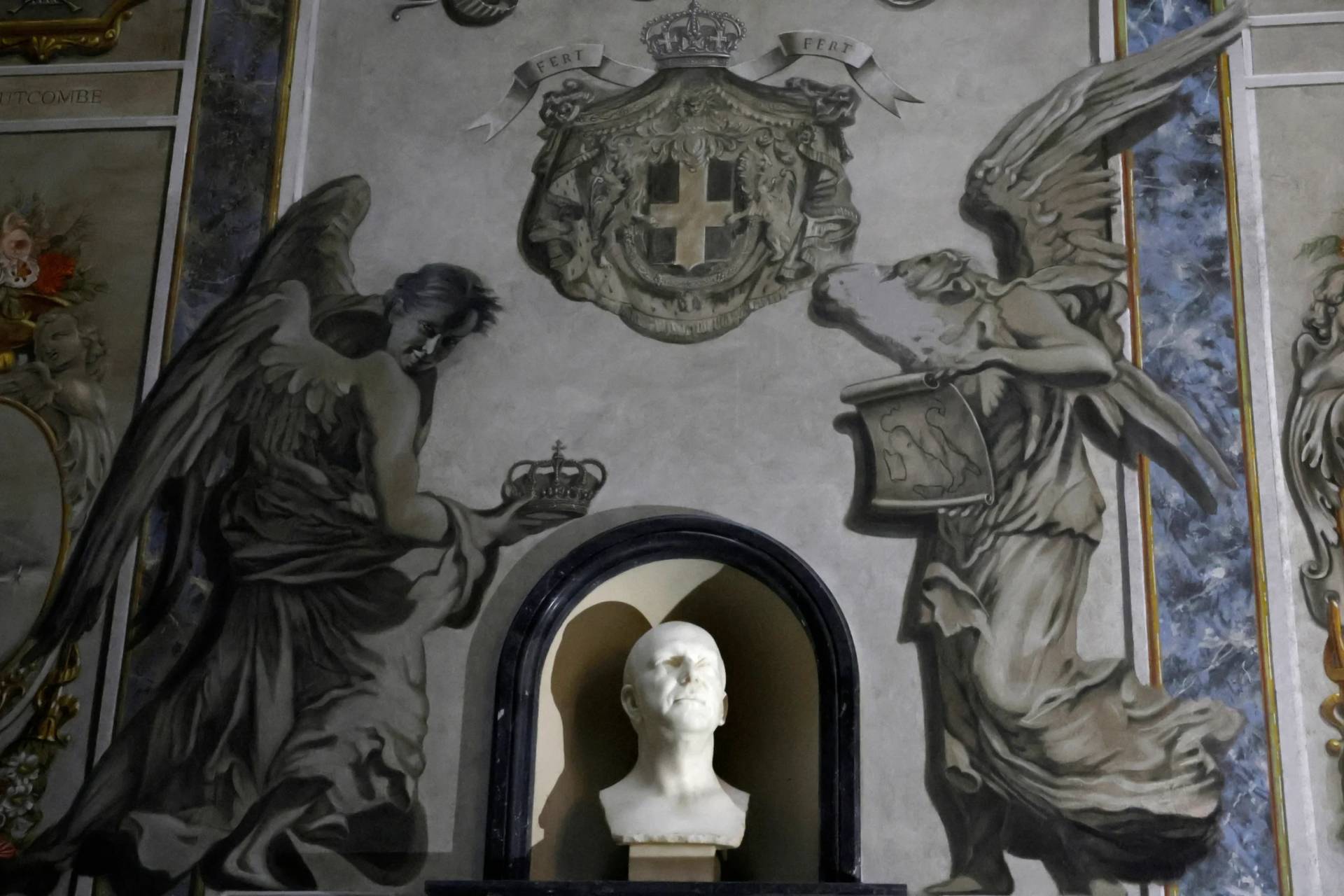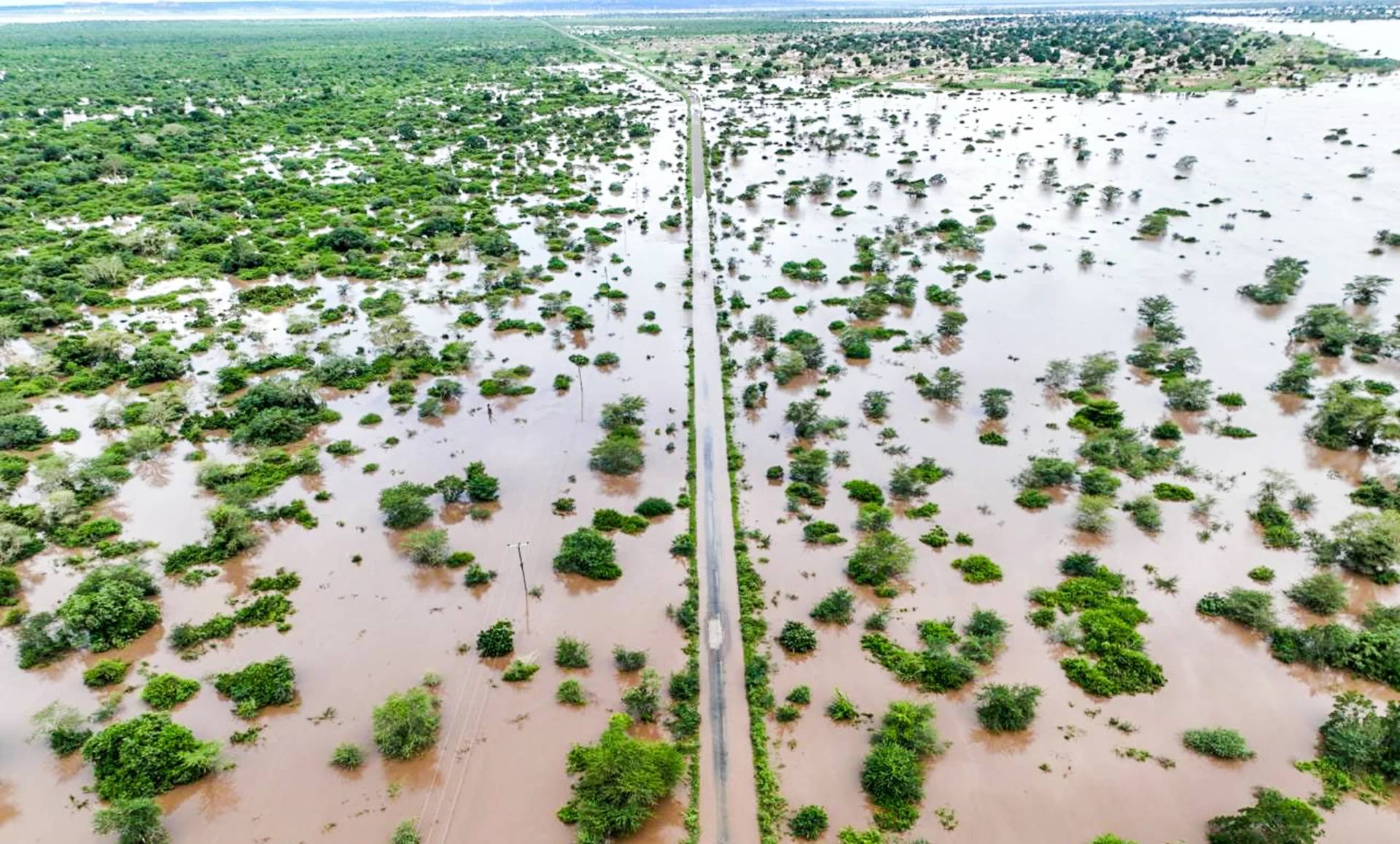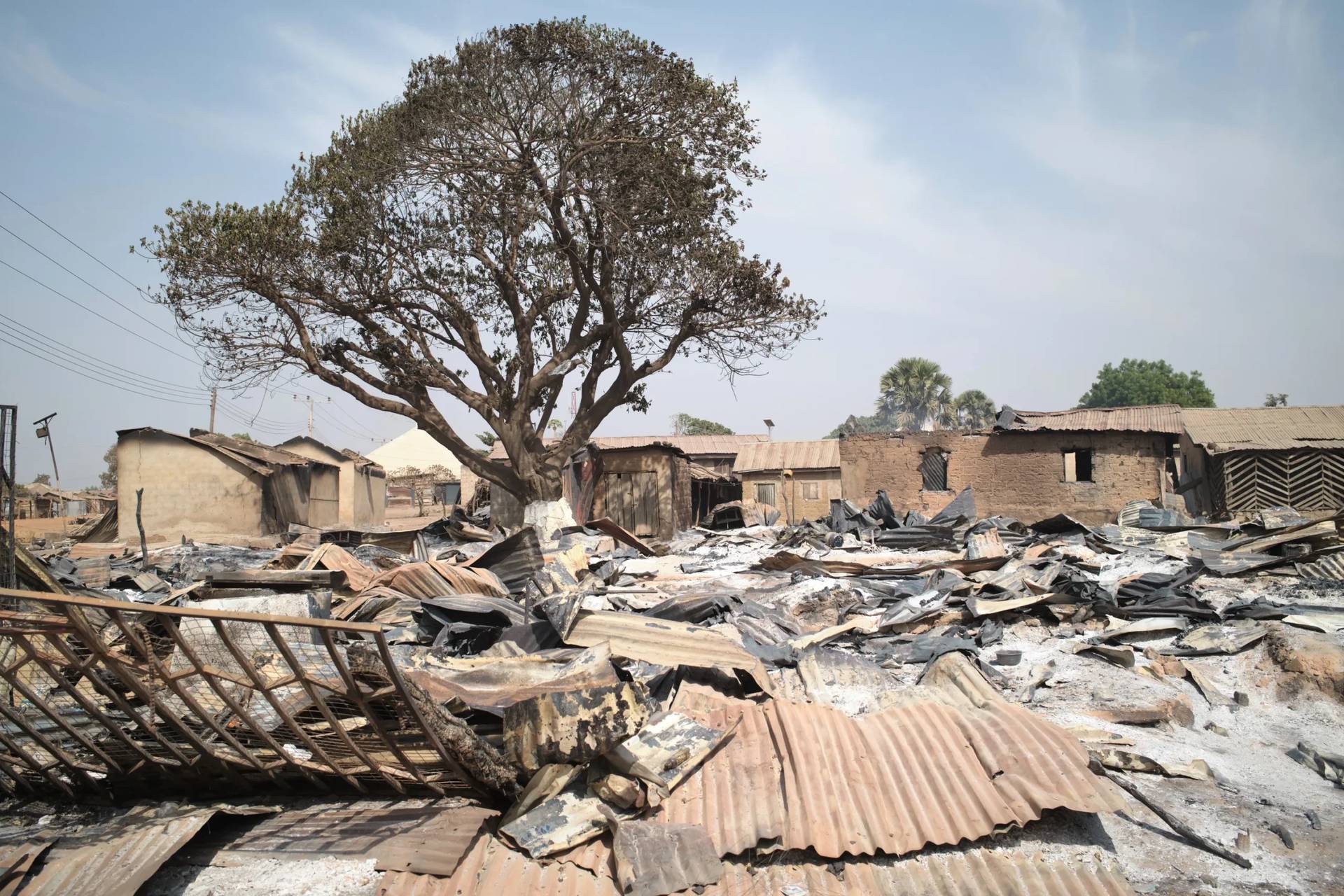YAOUNDÉ, Cameroon – Mike Pothier is the Program Manager at the Catholic Parliamentary Liaison Office of the Southern Africa Bishops’ Conference, and says that “to ignore the reality of race/color” in the country’s social and political development “would mostly serve white interests.
Speaking to Crux, Pothier said the effects of apartheid are still very much present, and that it would take a very long time to undo the injustices that apartheid created.
He also spoke about President Donald Trump’s claims of a white genocide in South Africa, and praised President Cyril Ramaphosa for his handling of his meeting with the U.S. President.
Following are excerpts of that conversation.
Crux: What struck you as a South African watching President Donald Trump use video clips and photos to try to drive home the idea of a white genocide taking place in South Africa?
Pothier: I was struck firstly by the rudeness and opportunism of Trump in surprising Ramaphosa with these videos and photos. It was clearly an attempt to embarrass Ramaphosa – he was given no opportunity to see them in advance and to prepare any explanations. This is not an acceptable way for a head of state (especially of such a powerful nation as the USA) to behave. Secondly, it was soon clear that much of what Trump put forward as ‘facts’ concerning the murder of white farmers in South Africa was either completely false or highly exaggerated. I cannot believe that Trump did not know that this was false information, but he went ahead with it anyway because it suited his agenda.
What is your assessment of President Ramaphosa’s handling of the situation?
Given that he was taken by surprise, I think he responded well. He remained calm, he did not try to shout Trump down or interrupt him, and he did not become angry. I think this was the correct attitude; anything else would have played into Trump’s hands.
Ramaphosa was there with some members of his National Unity government, and all of them seemed to speak the same language. How can they leverage that show of unity and purpose to resolve South Africa’s problems?
This is a difficult question. As I wrote in my article, they should adopt the same unity of purpose when they are back home and dealing with our internal problems. However, they are politicians and each of them is striving for greater power and influence, so it is not surprising that they highlight the areas on which they disagree, rather than those on which they agree.
What assessment do you make of the government of national unity in terms of its capacity to resolve the country’s problems of crime, unemployment, et cetera?
The unity government certainly has a better chance of addressing these problems than the former ANC-only government. The presence of other parties in the governing coalition brings new ideas and thinking, a less ideological approach, and more competition among cabinet ministers to see that their departments are well run. It is also possible (and we hope for it) that the parties in the coalition will gradually find that there is more that unites them than divides them, and that they can work together quite comfortably for the good of the country.
How has the incapacity of the government to solve the problem of crime fueled the idea of a white genocide in South Africa?
It certainly has fueled the idea. Murders of white farmers make the headlines and when there are no successful prosecutions it sends a message that such crimes are being ignored by the authorities. Populists among the white population can easily exploit such situations and use them to make propaganda both internally and, as we saw with Trump, overseas. But it must always be stated that whites are far less likely to suffer violence crimes than Blacks, even allowing for the fact that they are a very small part of the population. The murder rate among Black males is the highest of all, proportionally.
The sticky issue has been the issue of land redistribution and certainly whites in South Africa are looking at what happened in Zimbabwe and the rhetoric of people like Julius Malema, and getting scared that indeed, a white genocide could be in the offing. How best do you think the land redistribution can take place without it looking like a form of retribution against whites?
Land redistribution has been badly neglected so far. There is plenty of land available, including land owned by white farmers who are very willing to sell it to the government at a reasonable price. Also, the state itself owns huge amounts of land that is unused or underused. It would be comparatively easy to start land redistribution by transferring such land to those who need it. Unfortunately, there has never been the political will to set up a comprehensive land reform program. In addition, it must be noted that access to land is not a high priority for most South Africans. Surveys and opinion polls regularly reveal that unemployment, crime and poverty are the most important issues for Black South Africans. Land comes quite low on the list. However, it is a convenient and emotional topic for populist politicians, who pretend that the land can simply be ‘given back’ to its original occupiers – without counting the economic cost, or explaining who would live on it (our population is rapidly urbanizing), or what they would do with it. For all these reasons, whites who suggest that SA is “going the way of Zimbabwe” are quite obviously talking nonsense.
What in your opinion would constitute a really just and color-blind South Africa?
I’m not sure I can answer that question in a few lines. We will not have a color-blind country for many years, even decades. Our history does not permit that, and indeed it would mostly serve white interests if we were to ignore the reality of race/color in our social and political development. Some white politicians indeed advocate for this – they say that apartheid is over and therefore we should no longer recognize racial categories. This conveniently overlooks the fact that the effects of apartheid are still with us in terms of access to resources, inter-generational wealth, racially skewed poverty data, and many other measures. So it will take a long time for us to reach a point where we have undone the injustices of the past; and only then will we be able to think about becoming color-blind.













